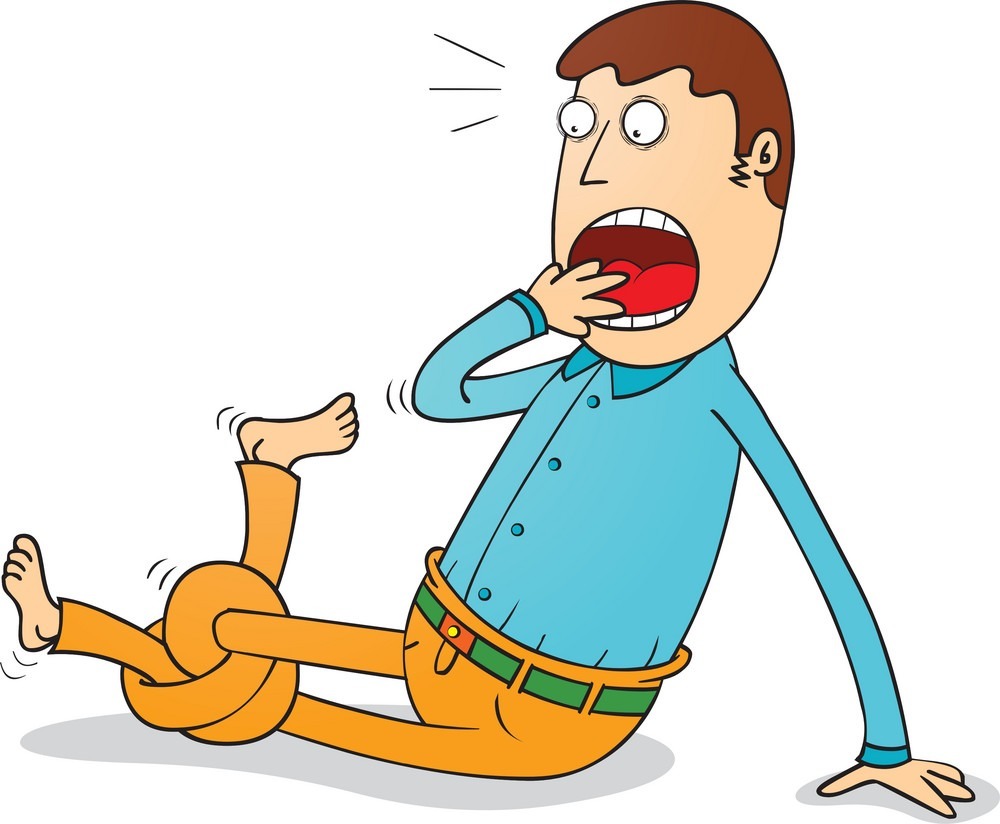Pain is there to guide us, to warn us, to make us pay attention so we can learn from the past and help us predict and prepare for the future but sometimes, many times, we don’t pay attention to the signs.
Let’s take dehydration for example. The first sign of dehydration might be that your urine is yellow. No pain at this point just a physical sign that your hydration status isn’t optimum. You notice but you don’t really pay any attention. You dismiss it as soon as you’ve washed your hands. You feel OK. No problem. No fluids consumed.
A short while later you become thirsty. Your system is turning the signals up a notch to alert you that your hydration levels are reducing but you’re too busy to act. Meetings, emails, places to go, people to see. No fluids consumed.
Later still your body needs to make you notice as you’re not listening so it decides to give you a headache. Now you’re becoming aware, but do you respond accordingly and do you do the right thing? Of course not. You’ve got a headache you must need a coffee or you’ll take a paracetamol or an ibuprofen with a sip of water.
You’re busy and these headaches keep coming. You’re stressed. You’ve too much going on. That’s why you’re getting a headache right? Wrong. You haven’t been paying attention. Your body tried to give you some obvious signs, your urine was yellow, you were thirsty, you got a headache and you still didn’t take on adequate fluids. OK, so you had an espresso but that’s not the solution.
This pattern goes on for days. Now you’re getting increasingly dehydrated and while you were so busy not paying attention, pain has to elevate its efforts to make you take notice. It’s your own fault, you weren’t listening so there’s only a few more places your pain system can go to warn you and here comes one of them: CRAMP.

Pain most definitely has your attention now. You’ll jump around the place and stop what you’re doing. Pain has succeeded in getting you to react but even then will you do what it takes? Will you change your ways? Will you put a system in place to deal with this to prevent it happening again? Probably not. You might take on some fluids but probably not enough fluids/electrolytes but at least you’ll think about it. Tomorrow is another day and you put that cramp down to “one of those things”.
Carry on like this and your pain system is going to have to go nuclear on you. You didn’t pay attention with the yellow urine. You didn’t respond adequately to thirst or a headache or even cramp. You didn’t change your approach to your hydration status even after all those signals. You didn’t make a conscious effort to drink more fluids. You didn’t fill a jug of water every morning and put it on your desk and make sure you drank it everyday. You’re too busy for that kind of thing. The tap is just 5 meters away but you’ve no time for that either. So, for weeks and weeks you carried on just like before despite the repeated signs. Too busy to pay attention and now you are going to learn your lesson. Your body is going to react to the way you’ve been managing it. There are consequences after all to ignoring the signs.
A kidney stone and a whole world of pain.

Ask anyone who has had kidney stones. They are making sure they drink plenty of fluids after that. They get obsessed about it and now if they see that their urine is yellow, they are terrified, for a while at least, that they are getting another kidney stone and they may get quite anxious and distressed about it. They may want repeated scans to check and they will probably get a few twinges in the region they previously had pain. Phantom pain if you like.
The signs now take on a whole new significance. The yellow urine that you nonchalantly ignored a while ago is now a fog-horn blocking out your ability to think about anything else and all because you weren’t reading the subtle signs to begin with.
This is how pain works. It tries to help us, guide us, protect us, teach us and when we’ve had a bad pain experience the subtle signs which once were a kindly reminder to change behaviour now become an anxiety inducing crisis waiting to happen. But it does not have to be this way.
Back pain does a similar thing. We lose flexibility from sitting down too much. We lose muscle mass and tone from not doing adequate exercise. We put more strain on our joints by being overweight and then when we go to lift the heavy thing that we have no training for we might get back pain. We might get a lot of back pain and there are many complex reasons for that as I’ve touched on in previous blogs but now pain has our attention.
One of the difficulties with back pain is that there is a lot of unhelpful mythology out there that will typically force us down the wrong path to the wrong solution and we end up fearing back twinges rather than seeing them as a very helpful reminder that we need to change our behaviour. Obviously the more severe and prolonged the experience of the back pain event initially the more significance those minor twinges take on and the more intense our reaction to them can be.

Having yellow urine doesn’t mean you need to go into hospital and be put on a drip but it does mean you need to take a drink. It does mean you need to put a system in place to make sure you do drink adequately everyday and you do need to take responsibility for it.
Getting back pain doesn’t mean you need to go to hospital for an operation but it does mean you need to change what you are doing and have a stretch or a walk or do some exercise and commit to making a change to your lifestyle so that the twinges can motivate you and not terrify you. If you don’t know where to begin see an expert, your local physio, who can assess you and guide you through the required changes.
Finally, it’s important to make sure we are measuring the correct metric. In relation to hydration it’s ok to have yellow urine from time to time as long as you wee white once a day. That’s the thing to pay attention to and therefore don’t panic when you do have yellow urine. Instead see it as motivation.
Similarly with back pain or joint pain don’t distress if you get a twinge tying your shoe laces. If you’re still able to bend down and run 5km or do a 20 minute core workout chances are things are ok but maybe you’re body is trying to tell you to pay more attention to your flexibility or balance.
Pay attention and understand what your body is trying to tell you. If you’re not responding properly it will shout louder to get your attention and that might mean some pain or discomfort but it doesn’t necessarily mean damage. Respond. Put a system in place to deal with it. Get the right advice so you know you are putting the correct systems in place. Do this and your pain will have succeeded in guiding you and changing things for the better so you take control. These are the things that matter.




0 Comments